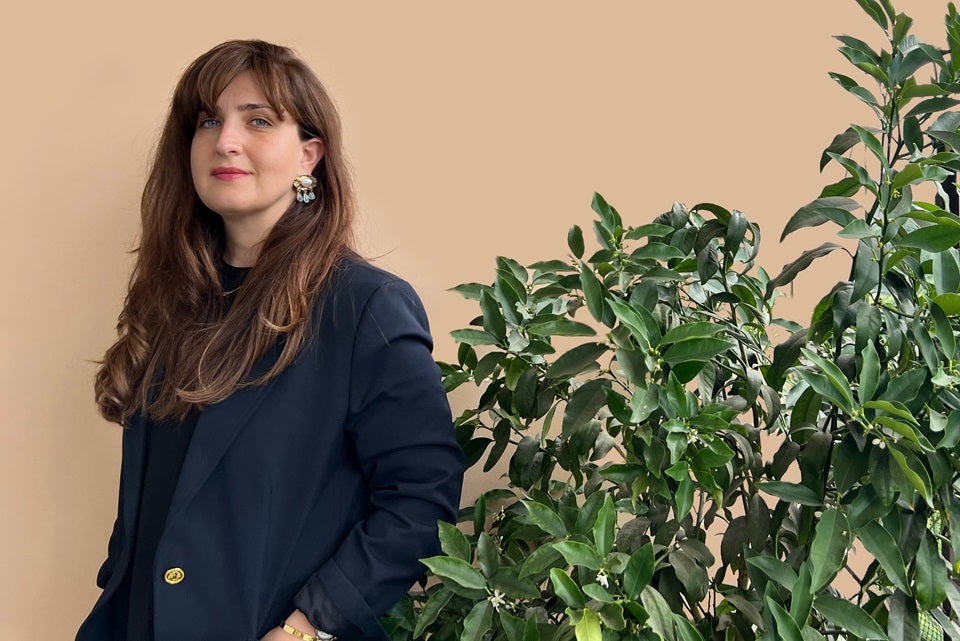Diversity, equality and inclusiveness becoming part of human resource management training
Date:

In the modern business environment, human resource management professionals play an important role in shaping and developing a healthy and balanced organizational culture. They influence the creation of decent working conditions, which are equally beneficial to employers, employees and society.
UN Women has taken active steps in this direction in recent years. For the first time in Georgia, in cooperation with the Human Resources Management Professionals Association (HRPA), a diversity, equality and inclusion certification programme was introduced for HR management specialists, and a practical guide on diversity, equality and inclusion was created, which serves as a useful manual for both HR management professionals and managers.
It is noteworthy that this effort has already been followed by some interesting steps on the part of the private sector. One such step is the initiative of the University of Georgia to integrate the principles of diversity, equality and inclusion into its human capital management and digital transformation master’s degree programme.
After the head of the master’s programme, Mariam Janjaria, passed the certification programme of UN Women and HRPA, she decided to include issues of diversity, equality and inclusion in the university’s master’s programme. It is noteworthy that this innovation is based on the practical guide to diversity, equality and engagement.
“By integrating these principles, we help shape the next generation of HR professionals who have the competence and skills for inclusive leadership, as well as unprejudiced and fair decision-making in the workplace. This will help them to fully utilize the potential of a diverse workforce to achieve organizational success,” Ms. Janjaria says.
Changes were made to both the theoretical and practical components of the university’s existing programme. As a result, graduate students now learn how to manage the recruitment and retention process with the values of diversity, equality and inclusion in mind, and they become familiar with the sensitive topics that HR management professionals must consider in order to increase organizational effectiveness and employee satisfaction. At the same time, they deepen their knowledge about the evaluation of human experiences, which will help them support a respect-based culture in the workplace.
“The practices of diversity, inclusion and equality are becoming more and more relevant,” says Elene Kochkiani, a student of the master’s programme who has acquired knowledge of the topics of diversity, equality and inclusion. “They are one of the organization’s evaluation criteria for potential or existing employees. It is necessary, first of all, that management representatives and human resource management professionals be the carriers of these practices both with employees and in the selection process. Also, it is important to raise their awareness at the beginning of their career, so that they can consider real cases from the point of view of diversity, equality and inclusion.”
To improve human resource management, UN Women supports diversity, equality and inclusion through the project “Good Governance for Gender Equality in Georgia”, which is funded by the Government of Norway.